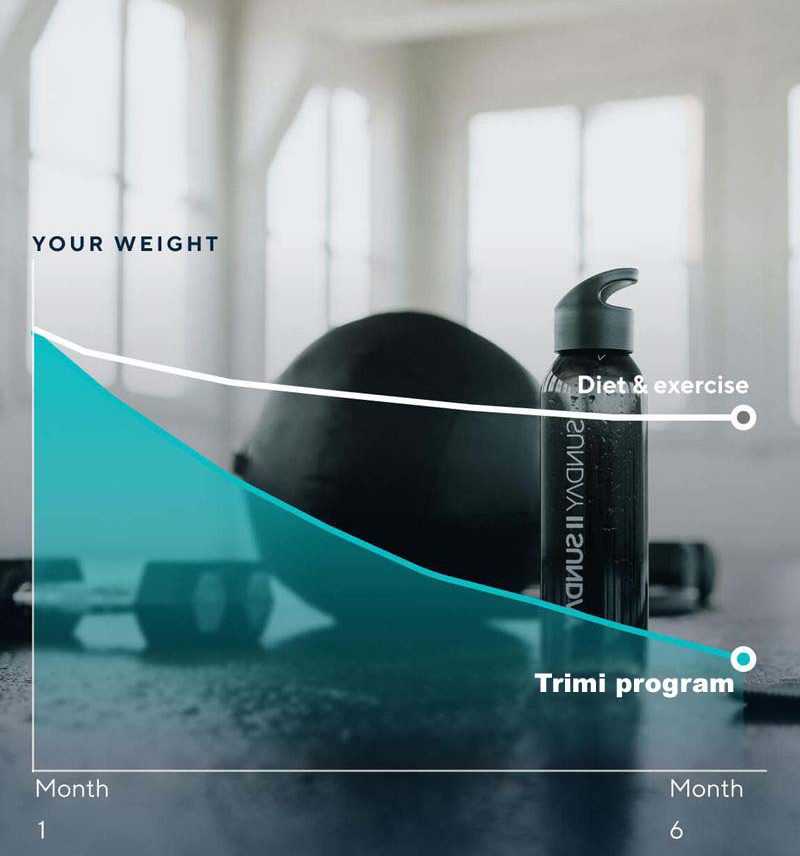Category: Weight Loss
Uncover the potential side effects of liraglutide—from common digestive discomfort to rare but serious complications. Learn how to manage symptoms effectively for safer usage.
Curious how liraglutide helps with weight loss and blood sugar control? This GLP-1 medication mimics a natural hormone to support better metabolic health.
Discover how Wegovy, a cutting-edge treatment from Novo Nordisk, is changing the future of obesity management. By imitating the GLP-1 hormone, Wegovy helps reduce appetite and promote effective weight loss
Tirzepatide is a cutting-edge medication that combines the effects of GLP-1 and GIP hormones to improve blood sugar regulation and aid in weight loss.
Tirzepatide merges the effects of GLP-1 and GIP hormones to support improved blood sugar regulation and promote weight reduction. Discover how it works, its unique benefits, and how it compares to semaglutide as part of your health journey with TryTrimi.
Zepbound, a new treatment developed by Eli Lilly, introduces a powerful weight management option by targeting two key hormones—GLP-1 and GIP. With proven benefits in appetite control and blood sugar regulation, Zepbound represents a fresh and promising approach for individuals facing obesity-related challenges.
Discover how GLP-1 medications like semaglutide can support diabetes management, weight goals, and heart health—all with provider-guided support through TryTrimi.
- Categories:
- Semaglutide
- Weight Loss
- Whole Body Health




